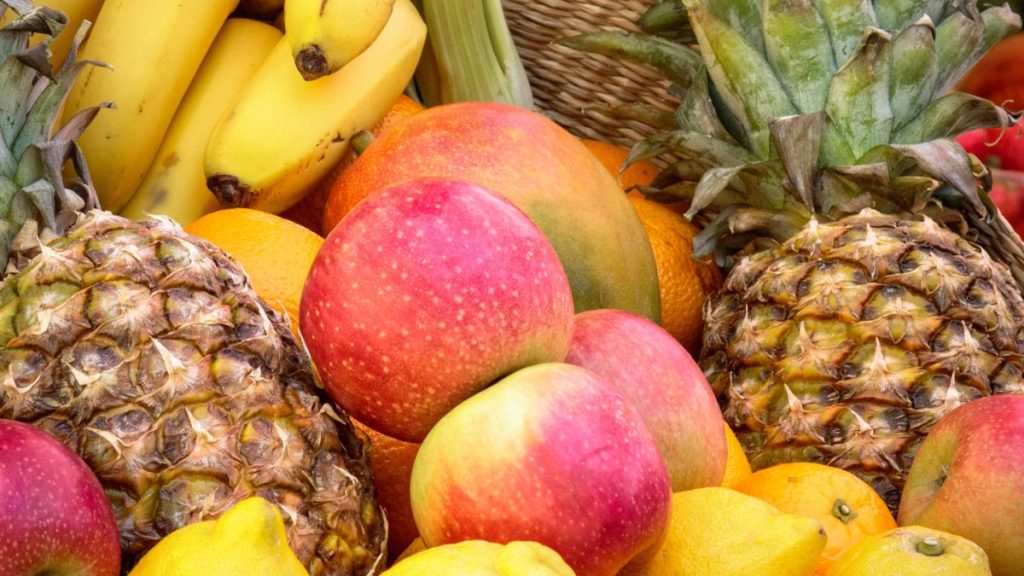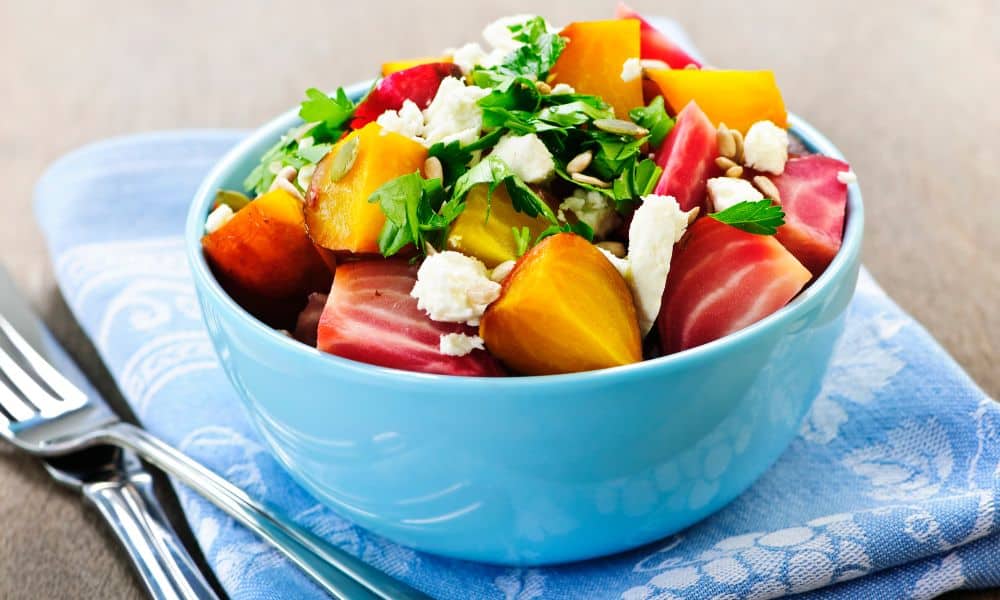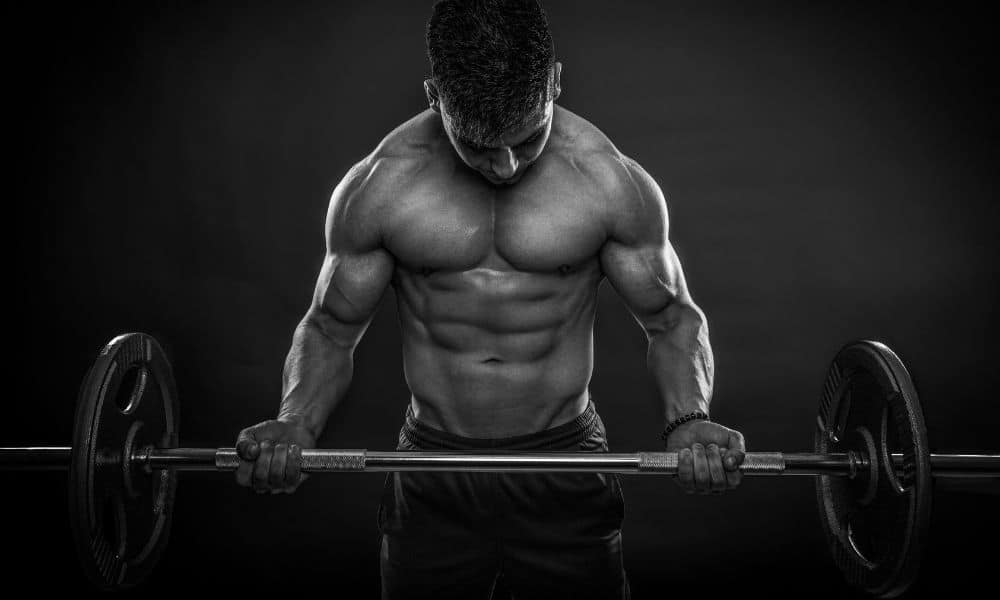Building muscle while keeping body fat low requires a precise balance of macronutrients and micronutrients. Many overlook fruit in muscle-building diets, but the right choices can provide essential vitamins, antioxidants, and energy without excess sugar storage as fat. This article explores the best fruit to build muscle while minimizing fat gain.
Why Is Fruit Important for Muscle Growth?
Fruit provides natural carbohydrates, fiber, and micronutrients essential for recovery and performance. Unlike processed sugars, the fructose in fruit digests slower, preventing insulin spikes that lead to fat storage. Additionally, fruits contain polyphenols, antioxidants, and vitamins that support muscle repair and reduce inflammation after workouts.
What Is the Best Fruit to Build Muscle?
To qualify as the best fruit for muscle building without increasing body fat, a fruit must:
- Provide essential vitamins and minerals for muscle recovery.
- Offer a moderate carbohydrate content for energy without excess sugar.
- Contain fiber to slow digestion and prevent fat storage.
- Have antioxidants to reduce muscle soreness and inflammation.
1. Bananas – The Ultimate Pre-Workout Energy Source
Bananas are rich in potassium, which prevents muscle cramps and aids in recovery. They provide fast-digesting carbohydrates for pre-workout energy without spiking blood sugar. The fiber content (about 3g per medium banana) ensures a steady energy release, making them ideal for fueling workouts without excess fat gain.
How to Use: Eat one banana 30–60 minutes before training for sustained energy.
2. Blueberries – The Antioxidant Powerhouse
Blueberries contain anthocyanins, antioxidants that reduce muscle soreness and inflammation. They also have a low glycemic index (GI), meaning they release energy slowly, preventing unnecessary fat storage. Blueberries support recovery by reducing oxidative stress from intense workouts.
How to Use: Add ½ cup to a post-workout protein smoothie for muscle recovery.
3. Apples – The Fiber-Filled Carb Source
Apples provide a slow-digesting carbohydrate source with around 4g of fiber per medium apple. The fiber helps regulate blood sugar, preventing insulin spikes that lead to fat storage. Apples also contain quercetin, which enhances endurance and muscle oxygenation.
How to Use: Eat an apple with almond butter for a muscle-building snack.
4. Pineapple – The Muscle Recovery Booster
Pineapple contains bromelain, an enzyme that reduces muscle soreness and speeds up recovery. It also provides vitamin C, which is crucial for collagen production and joint health. While slightly higher in sugar, the post-workout period is ideal for consuming pineapple as the body efficiently uses the sugars for glycogen replenishment.
How to Use: Eat ½ cup of fresh pineapple after a workout to reduce muscle soreness.
5. Avocados – The Healthy Fat and Fiber King
Though technically a fruit, avocados are unique due to their high monounsaturated fat content. These healthy fats improve testosterone levels, which play a key role in muscle growth. Avocados also provide potassium and fiber, which aid in muscle recovery and digestion.
How to Use: Add avocado to a post-workout meal for sustained energy and muscle repair.
6. Oranges – The Vitamin C Muscle Supporter
Oranges offer a quick-digesting carbohydrate source with vitamin C, which aids in collagen production and strengthens connective tissues. Their natural sugars provide an energy boost without the crash associated with processed sugars.
How to Use: Drink fresh orange juice or eat an orange post-workout for hydration and glycogen replenishment.
How to Incorporate Fruit into a Muscle-Building Diet Without Fat Gain
To maximize muscle gain while avoiding fat accumulation, follow these strategies:
- Time Your Carb Intake: Eat fruit before or after workouts to use the carbohydrates for energy or recovery instead of fat storage.
- Pair Fruit with Protein: Combining fruit with protein (e.g., Greek yogurt, cottage cheese, or whey protein) slows sugar absorption and enhances muscle growth.
- Choose Low-GI Fruits: Fruits with a low glycemic index, such as berries and apples, prevent insulin spikes that contribute to fat gain.
- Moderate Portions: Stick to 1–2 servings per day to avoid excessive fructose intake.
- Hydrate Properly: Many fruits contain water, which helps maintain muscle hydration and performance.
Key Takeaways
- The best fruit to build muscle without increasing body fat includes bananas, blueberries, apples, pineapple, avocados, and oranges.
- These fruits provide essential vitamins, minerals, and antioxidants that aid in muscle recovery and growth.
- Proper timing, portion control, and pairing fruit with protein can enhance muscle-building benefits while preventing fat gain.
By incorporating these fruits strategically, you can fuel your workouts, recover faster, and build muscle while keeping your body fat in check.




